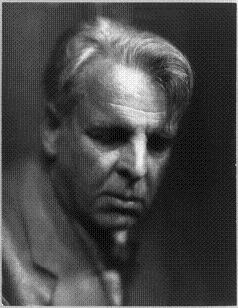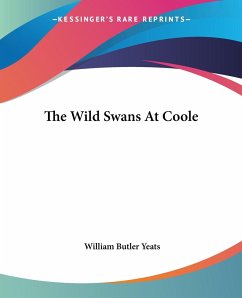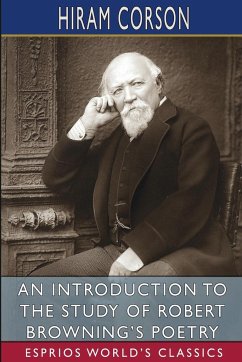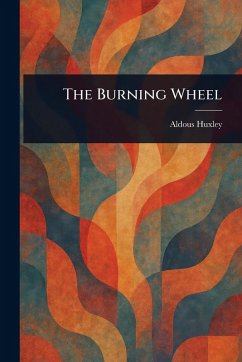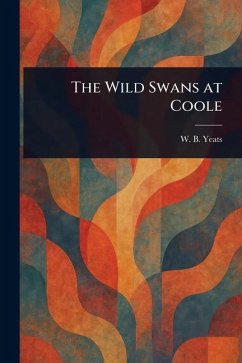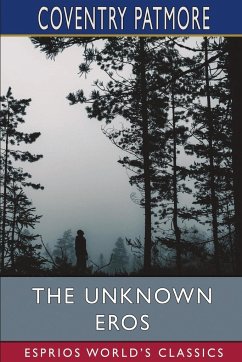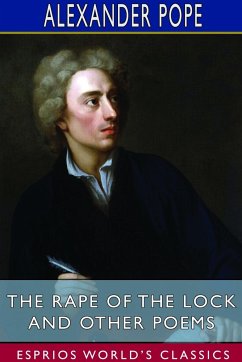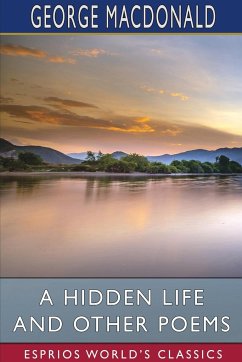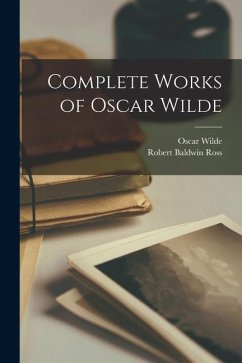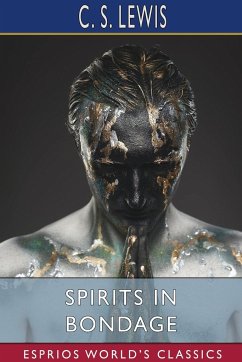Nicht lieferbar
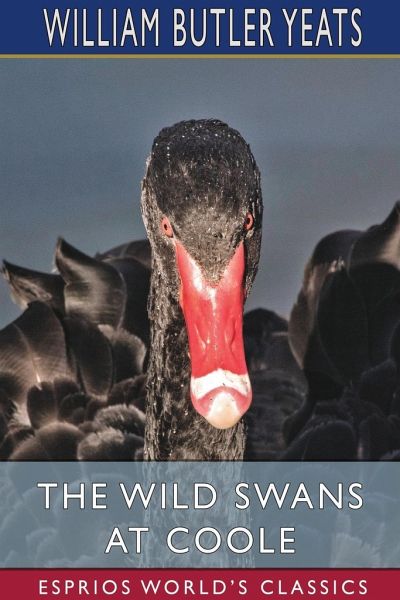
The Wild Swans at Coole (Esprios Classics)
Versandkostenfrei!
Nicht lieferbar
Weitere Ausgaben:
"The Wild Swans at Coole" is a lyric poem by the Irish poet William Butler Yeats (1865-1939). Written between 1916 and early 1917, the poem was first published in the June 1917 issue of the Little Review, and became the title poem in the Yeats's 1917 and 1919 collections The Wild Swans at Coole. It was written during a period when Yeats was staying with his friend Lady Gregory at her home at Coole Park, and the assembled collection was dedicated to her son, Major Robert Gregory (1881-1918), a British airman killed during a friendly fire incident in the First World War. Literary scholar Daniel ...
"The Wild Swans at Coole" is a lyric poem by the Irish poet William Butler Yeats (1865-1939). Written between 1916 and early 1917, the poem was first published in the June 1917 issue of the Little Review, and became the title poem in the Yeats's 1917 and 1919 collections The Wild Swans at Coole. It was written during a period when Yeats was staying with his friend Lady Gregory at her home at Coole Park, and the assembled collection was dedicated to her son, Major Robert Gregory (1881-1918), a British airman killed during a friendly fire incident in the First World War. Literary scholar Daniel Tobin writes that Yeats was melancholy and unhappy, reflecting on his advancing age.





